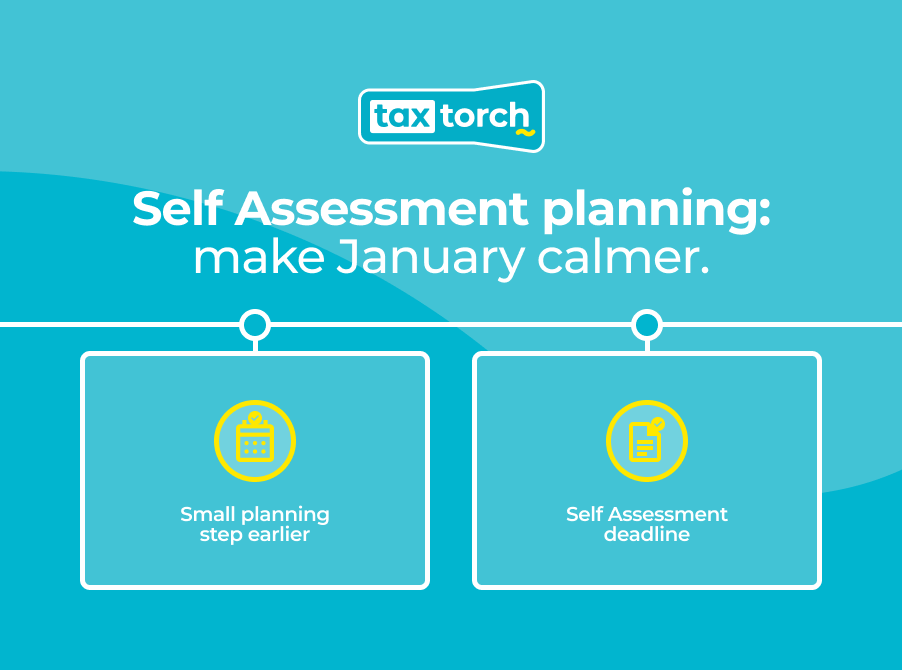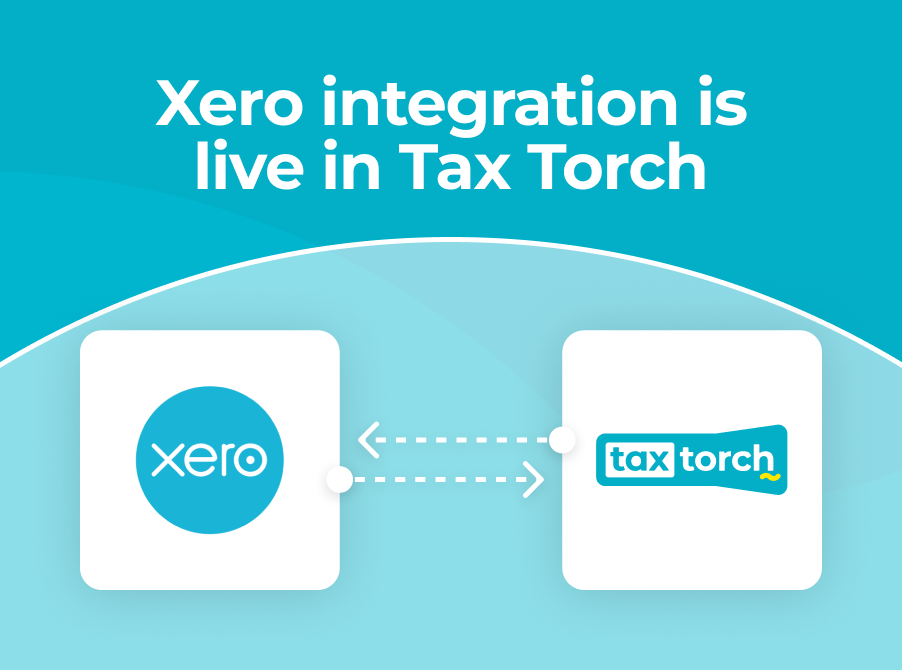When your clients think about accounting, taxes are usually one of the first things that come to mind.
But there are two critical aspects of taxes — tax planning and tax compliance — and they have different goals that require different approaches. Failure to differentiate between tax planning and compliance can open up a number of risks.
In this article, we’ll explore the differences between tax planning and compliance, the risks of not differentiating them, and why incorporating both approaches is the best of both worlds.
Tax planning vs. compliance: What’s the difference?
The fundamental difference between tax planning and compliance? Tax planning is proactive whereas tax compliance is reactive. Essentially, it’s the difference between planning for the future (tax planning) vs. complying with the rules (tax compliance).
Here are two more differences between planning and compliance:
1. Different data and documentation requirements
When it comes to data and documentation requirements, the differences between tax compliance and tax planning are night and day.
For tax compliance, there are strict requirements for precise, up-to-date financial records with legal and financial consequences for not doing so.
Tax planning, on the other hand, is more relaxed because it lacks the legal obligations of compliance. Instead, it often depends on the firm’s and client’s preferences and situation. As planning also takes a broader view that includes projections and goal-setting, it is more subjective, open to interpretation, and less cut-and-dry compared to compliance.
2. Timing
Timing is another factor to consider. Tax compliance is more immediate and deadline-driven. For example, missing the 31 January filing deadline automatically makes you non-compliant and subject to late fees and other financial penalties.
Meanwhile, tax planning lacks the urgency of hard deadlines, which means planning can be timed around the client’s broader financial cycle. Many firms will periodically check in with clients, especially if they have an advisory role in their client’s financial strategies, to review reports, discuss business performance, and track progress against the client’s goals.
Two reasons for clear boundaries between tax planning and compliance
Failing to distinguish between planning and compliance can be risky for firms in several ways, including:
1. Mismatched expectations
Sometimes, the only thing clients care about is filing their returns on time, emphasising compliance over planning, which means they could end up paying more taxes in the future when they could have saved money instead.
Or it could be the reverse, where the client wants to maximise their tax savings, prioritising planning over compliance, which can lead to missed deadlines or mistake-riddled filings.
To avoid these misalignments, it’s best to set expectations with clearly defined services from the start. If you only do tax planning, make sure to spell it out, whether it’s on your website, social media, or in person. Taxes are all about the specifics, so firms should be specific about what they do or else it could backfire, which can lead to unhappy clients and bad word of mouth.
2. Ethical and legal issues
A primary goal of tax planning is saving money on taxes but, when taken to the extreme, clients can risk brushing up against the limits of the law.
Or, in other words, if a client is singularly focused on getting away with as much as they possibly can, then they shouldn’t be surprised if it’s hard to find a firm to work with or if the HMRC comes knocking. For accountants, it’s not worth the risk of the government coming along and finding those bent rules were actually broken.
There have been many cases over the years where accountants have recommended schemes or advised clients based on their, usually incorrect, interpretation of the rules. We’ve seen this many times come back to bite accountants and their clients, usually resulting in reputational damage for the accountant and many unhappy and out-of-pocket clients.
What happens if you’re non-compliant?
Normally, being non-compliant results in financial penalties like late fees, interest on unpaid taxes, and additional fines. If financial penalties don’t work, there are also legal consequences, including investigations, lawsuits, and even criminal charges.
Beyond the financial and legal consequences, non-compliance can also cause reputational harm to businesses if it becomes news.
What happens if you skip tax planning?
When it comes to tax planning, there aren’t really any major consequences for clients if they don’t do it or continually push it off — at least legally speaking. But the major downsides of not tax planning include potentially paying more taxes than necessary and also making tax season more stressful for accountants if it’s left until the last minute.
But, more importantly, all clients have hopes, dreams and goals for the future — and if tax planning isn’t done, their tax bill is set in stone and very likely won’t be efficient or match their goals. From the accountant’s point of view, they may very well miss opportunities to be their client’s tax-saving hero or their goal achiever but they also may miss out on substantial fee-generating opportunities for the practice.
The benefits of a hybrid approach
Incorporating both approaches in your tax strategy often yields the best client outcomes and leads to a better relationship. By using both approaches, firms can help clients on multiple fronts, addressing their immediate needs while balancing those needs with their long-term goals.
Not only does this build trust but it also positions the firm as a valuable advisor and expert collaborator who cares about the client’s financial success.
Tax compliance & tax planning: Two sides of the same coin
Tax compliance and tax planning are integral pieces of any successful tax strategy. While tax compliance is mandatory and must be adhered to no matter what, tax planning is about optimising your tax position to suit your own very bespoke situation.
Firms that offer both tax compliance and tax planning services can offer greater value to clients, especially if those two aspects are combined in an overarching strategy, as it’s an effective way to develop rapport with clients and create meaningful, long-term relationships that last.
Join the waitlist to make tax planning easier.
You also might like

Self Assessment planning: how to make January calmer for your firm
Self Assessment does not have to dominate January. A light-touch, year-round approach to personal tax planning can reduce pressure on your firm.

Xero integration now live in Tax Torch to unlock personal tax planning insights
Connect Xero to Tax Torch and bring live business data into personal tax planning. Instantly view dividends, director’s loans, and business performance.







